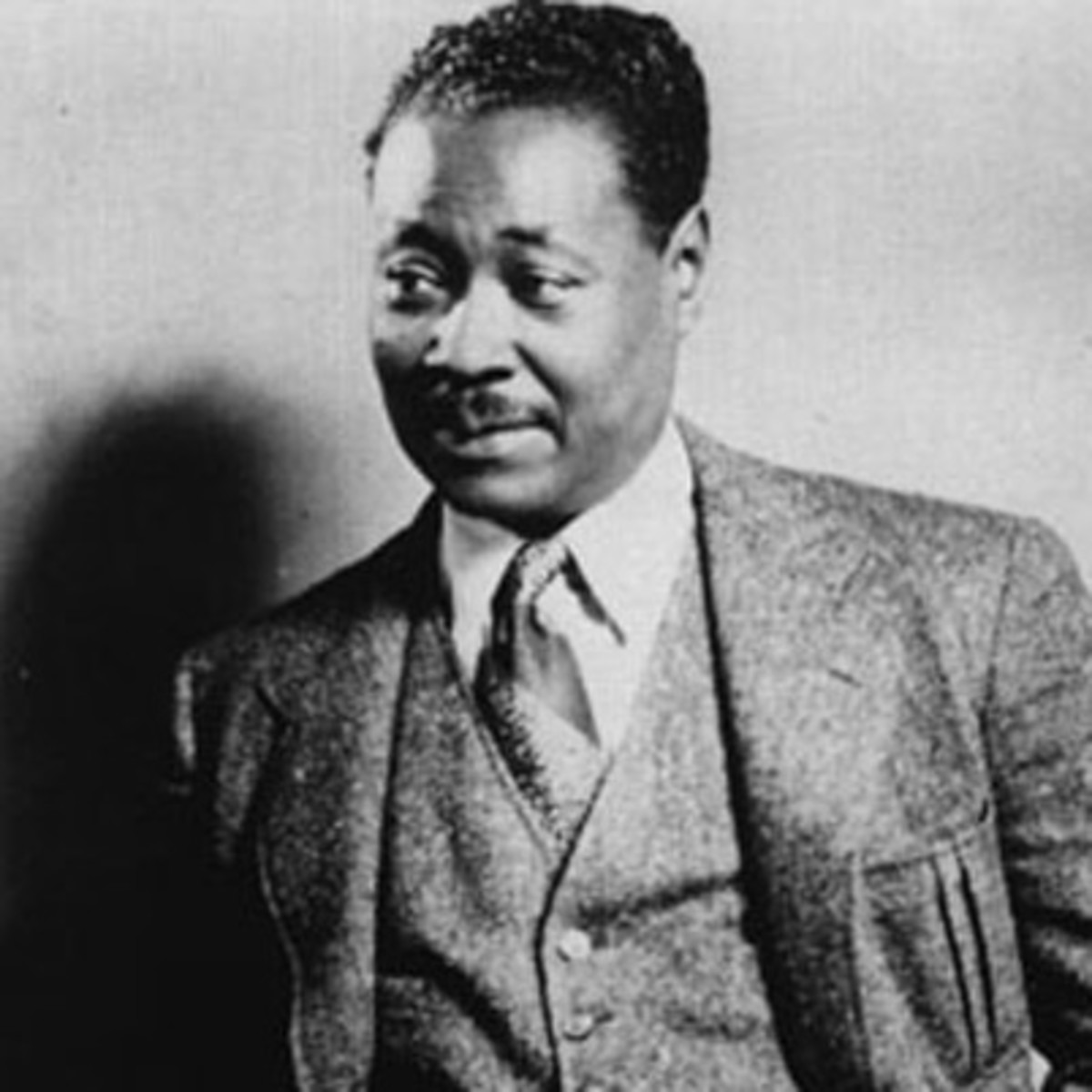I plucked my soul out of its secret place,
And held it to the mirror of my eye,
To see it like a star against the sky,
A twitching body quivering in space,
A spark of passion shining on my face.
And I explored it to determine why
This awful key to my infinity
Conspires to rob me of sweet joy and grace.
And if the sign may not be fully read,
If I can comprehend but not control,
I need not gloom my days with futile dread,
Because I see a part and not the whole.
Contemplating the strange, I’m comforted
By this narcotic thought: I know my soul.
Published:
1922
Length:
Shorty
Literary Movements:
Harlem Renaissance
Anthology Years:
2022
2023
Themes:
Agency
Identity
Poetic Form
Literary Devices:
Metaphor
a comparison between two unrelated things through a shared characteristic
Personification
the attribution of human qualities to a non-human thing
Simile
a comparison between two unlike things using the words “like” or “as”
Sonnet
A poem with fourteen lines that traditionally uses a fixed rhyme scheme and meter.

